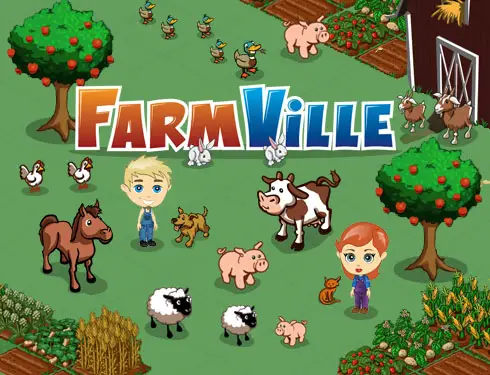
Last weekend I went into an EB Games store looking to purchase a Nintendo DS. While I was waiting for the sales assistant to get consoles to show me I had a look through the collection of games available for play on a DS. I was surprised to see the number of games reinforcing gender stereotypes, with games that were blatantly targeted at females being things like planning weddings, clothing and make-up, and traditionally feminine occupations like figure skating, teaching, and being a housewife. All such games featured cheery female characters on the cover, appearing to be satisfied in their feminine roles.
The above comic addresses Nintendo's ‘Cooking Mama’ series, which includes the original ‘Cooking Mama’ game, several sequels to ‘Cooking Mama’ and ‘Gardening Mama’, all keeping women firmly within the household.
Bertozzi suggests in her article 'You Play Like a Girl! Cross-Gender Competition and the Uneven Playing Field' that the games targeted at females are one of the reasons so few females are as avid gamers as males. The game store’s collection definitely supports her view. Though there are a few positive representations, such as females as journalists, the majority of Nintendo's collection appears to be encouraging females to play games that keep them within traditional gender roles and leave the more complex, action games to the boys.
Furthering my disappointment in Nintendo, as I dug up more information on their games for DS I found out that the first and second generation Pokémon games, one of Nintendo’s most successful games series, only give the option to play as a male avatar. I'm glad that Nintendo saw some sense and the newer Pokémon games offer the option to play as a female trainer.
Despite Nintendo DS games reinforcing gender stereotypes, and my disappointment in them doing so, I still purchased the DS, though not with the games Nintendo seems to want me to play. I’ve always felt that Nintendo have targeted females more than Microsoft or Sony have with their gaming consoles and games, which I thought might have been a positive move to get females into gaming. However, now I’m not so sure that’s a good thing after seeing the kinds of games they’re trying to sell to girls. I should hope that Nintendo take Bertozzi’s advice and create ‘powerful’ female representations in games that females play, so as to create an equal playing field for males and females in our technological world.





